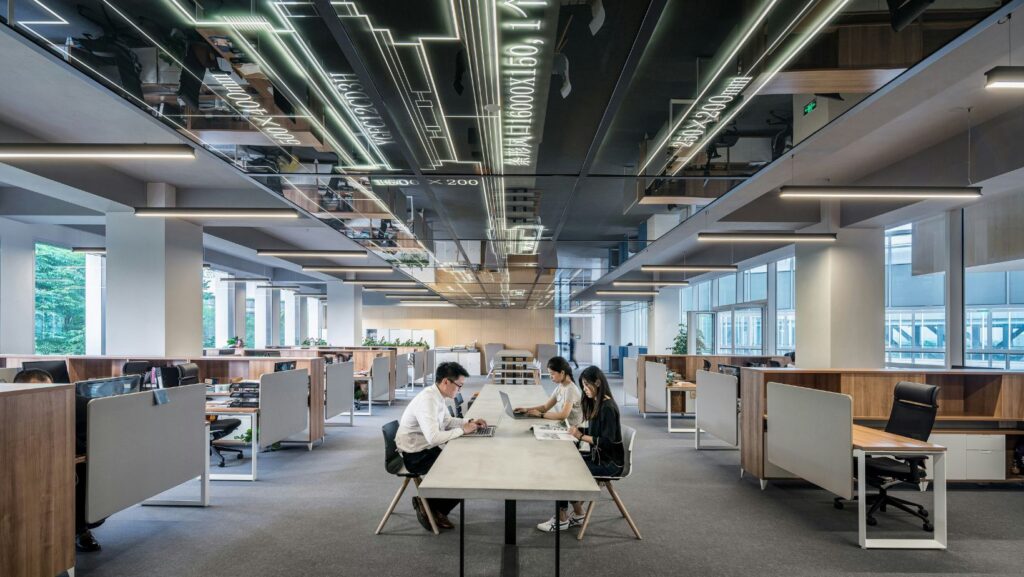Effective time management is essential for both employees and employers. A good employee time tracker ensures that decor productivity is maximized and resources are allocated appropriately. Choosing the right time-tracking tool can make a significant difference in managing workflow, keeping accurate records, and simplifying payroll processes. Here are the key features you should look for in a quality employee time tracker.
Easy-to-Use Interface
One of the most important features of any time tracker is its ease of use. Employees should be able to quickly log in, clock in or out, and track their time without getting bogged down by a complicated system. A user-friendly design minimizes errors and reduces frustration, ensuring that employees adopt the tool effortlessly. Employers benefit as well because the easier it is to navigate, the less training is required. When employees can efficiently record their hours, it streamlines the process and enhances overall productivity.
Real-Time Monitoring
Real-time tracking capabilities are essential for businesses that need to monitor employee activities throughout the day. With real-time tracking, managers can see who is working, who is on break, and how much time is spent on various tasks. This is particularly useful for remote teams or industries where shift work is common. Having immediate access to this information allows businesses to adjust workloads and assignments as needed. This real-time insight ensures that the team stays on track, meeting deadlines and maximizing efficiency.
Integration with Payroll Systems
An excellent time tracker should seamlessly integrate with payroll systems. When payroll and time tracking systems are connected, it reduces the chances of errors and ensures accurate payments to employees.

This integration simplifies the entire payroll process by automatically syncing time data with payroll software. Not only does this save time, but it also helps businesses avoid costly mistakes, such as overpaying or underpaying employees. A smooth integration with payroll is a key feature that every business should consider when selecting a time tracker.
Flexibility for Various Work Environments
A good time tracker must cater to different types of work environments. Whether your team works in an office, remotely, or on the go, the time tracker should adapt to various working conditions. Mobile accessibility is a critical aspect of flexibility. Employees should be able to log their hours from anywhere, using either their smartphones or other mobile devices. This is particularly important for field workers or remote teams. Having a time tracker that offers flexibility allows employees to remain productive and accountable, regardless of their location. To explore more about tools that offer such features, you can visit the official site of Time Clock Wizard for further details on how it supports businesses in managing time efficiently. This platform provides comprehensive solutions that help companies streamline their time management processes, improving overall productivity and accuracy.
Overtime and Break Tracking
Keeping track of overtime and breaks is essential to staying compliant with labor laws and ensuring employees are fairly compensated. A good time tracker should automatically record when employees work beyond their scheduled hours and track the duration of breaks. This is not only helpful for payroll purposes but also for monitoring employee well-being. When overtime and breaks are properly documented, businesses can ensure that employees aren’t being overworked and that they are taking necessary breaks. Such detailed tracking fosters a healthy work-life balance for employees and keeps the company compliant with relevant regulations.
Customizable Reporting
Customizable reports are another key feature to look for in an employee time tracker. Employers need access to comprehensive data that can be tailored to their specific needs. With customizable reporting, businesses can analyze trends, track project progress, and evaluate employee performance.

These insights can help managers make informed decisions about staffing, budgeting, and workload distribution. The ability to generate reports based on different criteria, such as departments, individual employees, or specific projects, adds immense value to a time-tracking system.
Secure Data Management
Data security is a crucial concern for businesses, especially when it comes to sensitive employee information. A good time tracker should have robust security features that protect employee data from unauthorized access or breaches. This includes encryption, secure login protocols, and compliance with data protection regulations. When employee time data is stored securely, both businesses and employees can have peace of mind that their information is safe. Ensuring data protection should always be a priority when choosing a time-tracking system.
Employee time-tracking tools play a vital role in managing productivity and ensuring that businesses run smoothly. From ease of use to real-time tracking and secure data management, the right tool should meet the diverse needs of both employers and employees. By focusing on the key features mentioned, businesses can make a well-informed choice that enhances efficiency and supports their team’s productivity.


